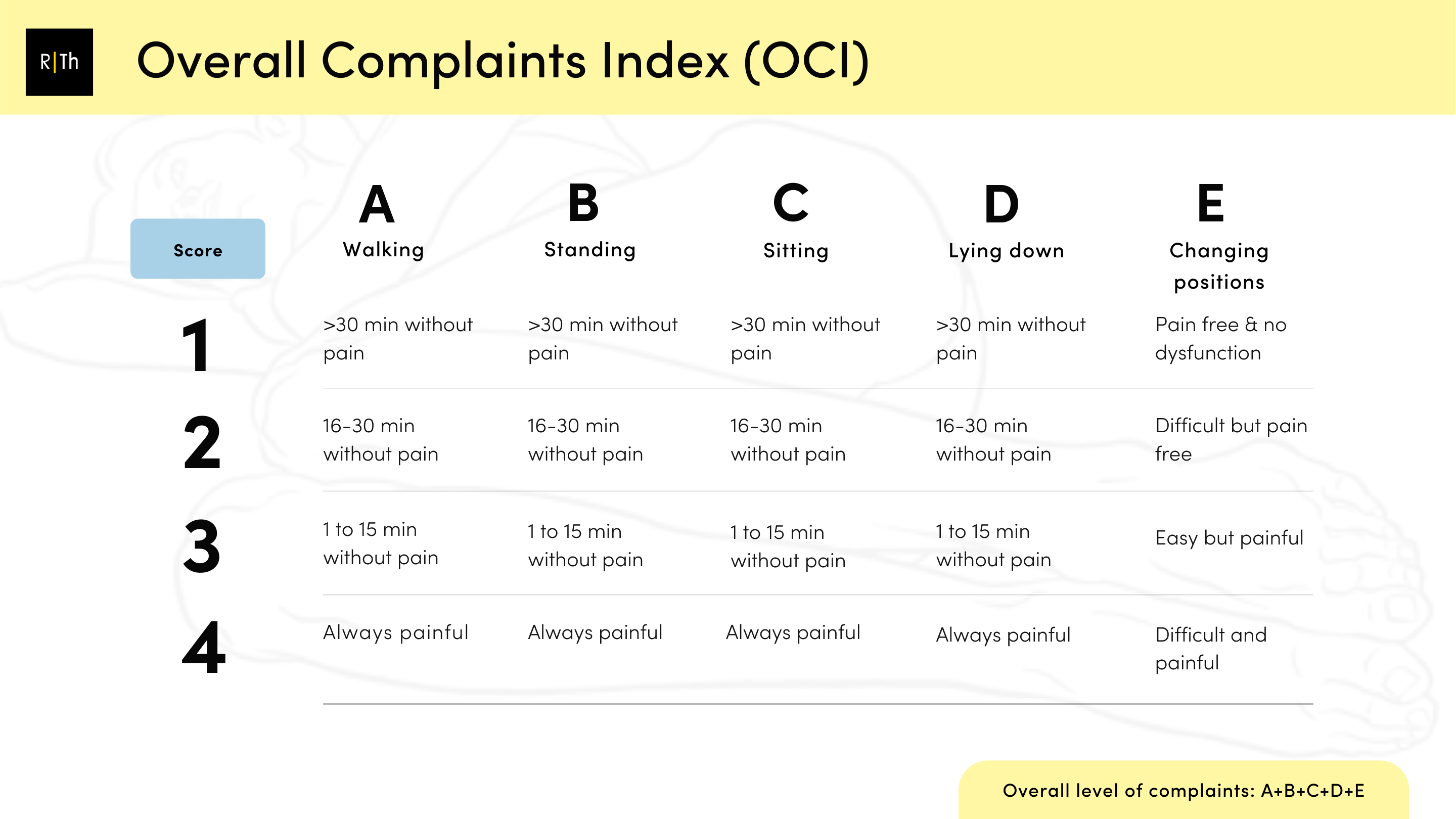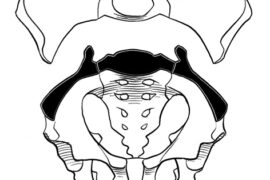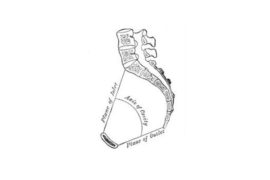Pelvic Girdle Pain Impacts Function and Quality of Life
Common But Not Normal
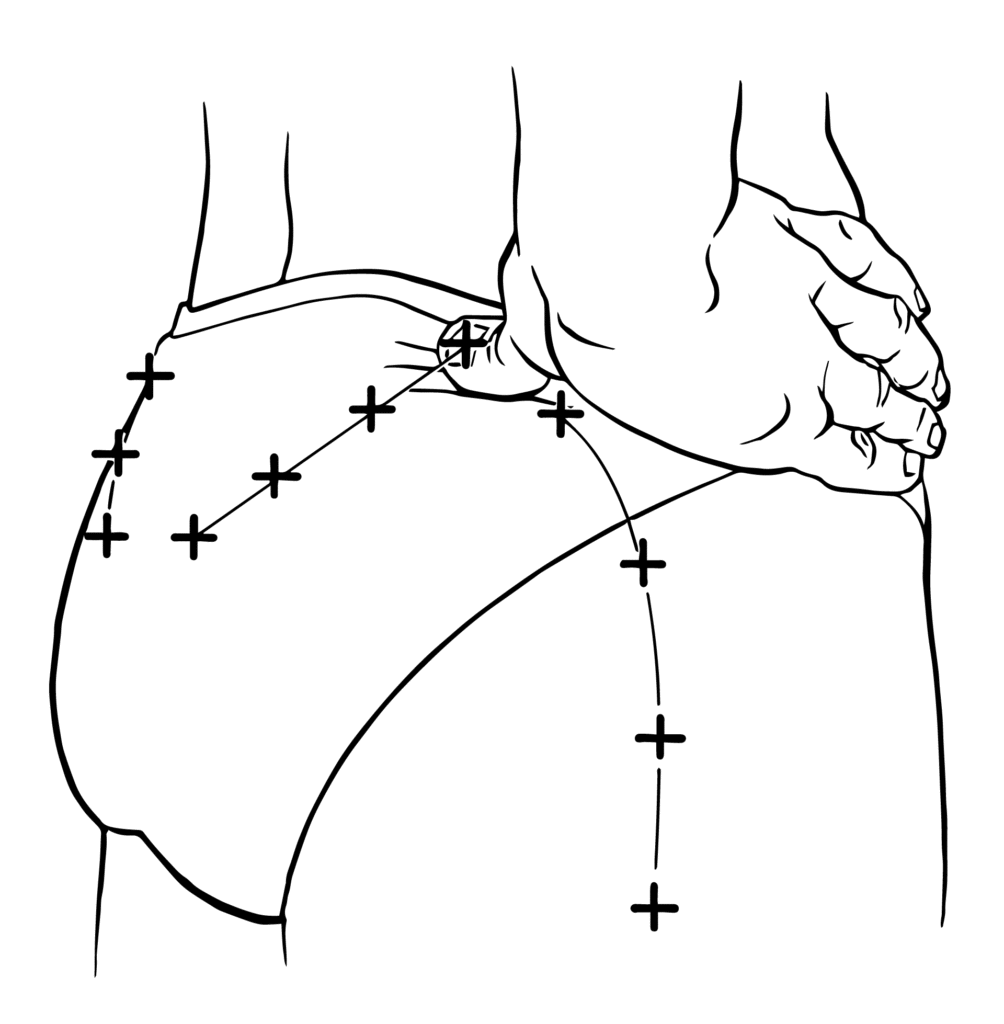 Pelvic girdle pain (PGP) is a very common condition that affects approximately 50% of pregnant women worldwide. The disorder affects women both physically and emotionally. During pregnancy, pelvic girdle ligaments and connective tissue become more mobile, which allows the pelvis more mobility for childbearing and labor. Women with PGP have decreased tolerance to standing, sitting and walking for longer periods. They often experience pain maintaining postures for long periods as well as during transitions of movement, such as sit to stand. Symptoms vary from mild and occasional, to severe with significant impairment of daily functioning. Symptoms can change in location or severity over the day, or over a period of time. Sleep is disturbed when turning or lying in bed is painful. Pregnant and postpartum women often refer to this pain as “achy hips”, pregnancy sciatica or “pubic bone pain” (the infamous Symphysis Pubis dysfunction).
Pelvic girdle pain (PGP) is a very common condition that affects approximately 50% of pregnant women worldwide. The disorder affects women both physically and emotionally. During pregnancy, pelvic girdle ligaments and connective tissue become more mobile, which allows the pelvis more mobility for childbearing and labor. Women with PGP have decreased tolerance to standing, sitting and walking for longer periods. They often experience pain maintaining postures for long periods as well as during transitions of movement, such as sit to stand. Symptoms vary from mild and occasional, to severe with significant impairment of daily functioning. Symptoms can change in location or severity over the day, or over a period of time. Sleep is disturbed when turning or lying in bed is painful. Pregnant and postpartum women often refer to this pain as “achy hips”, pregnancy sciatica or “pubic bone pain” (the infamous Symphysis Pubis dysfunction).
The Pelvis is Not Fragile
It is often difficult to know where to start when working with someone with very acute back/pubic pain, especially in pregnancy. Many women are told by their health professionals, including physiotherapists, that back pain is a normal part of pregnancy, or that there is nothing much that can be done because they are pregnant. Not only that, but they are told that their pelvis is “unstable”, that they should “be careful”, and that they should “limit their activity and avoid painful movements”, all of which perpetuate fear and pain. Our online and practical courses give therapists the confidence to treat these patients. Rost Therapy™ techniques are easy to integrate into clinical practice and participants will be able to start practicing this approach immediately.
PGP Can Persist
Although overall prognosis for PGP is good, this multifactorial pain syndrome can cause functional limitations postpartum and even many years after. Recent research of Elden (2016) shows that ten percent of the studied population (N=371) still suffers from PGP up to 11 years postpartum. When PGP becomes persistent, it has significant implications on the general health and well being of women, their families and society.
Why Rost Therapy™?
In the literature, treatment methods to relieve pelvic girdle pain include manual therapy and exercise, although there are few studies guiding us with specific, effective approaches.
Dutch Manual physiotherapist Cecile Röst experienced the difficulties of PGP during all three of her pregnancies. During her third pregnancy she developed a program of exercises and treatment techniques which dramatically improved her ability to perform her activities of daily living, something she was not able to do with her first two pregnancies. The program was also effective for thousands of other pregnant and postpartum women. Cecile Röst consolidated her approach through published research and continues to perform research. Although Cecile Röst’s research focused on peri-partum patients, this approach is also helpful clinically when addressing acute and chronic sacro-iliac and pubic pain in men, and in women who are not pregnant.
PGP Assessment
Assessment should include validated functional and psychosocial questionnaires, and a subjective and objective assessment. More details can be found on our online course.
- Sixteen scales are used in research to measure PGP symptoms.
- The Overall Complaints Index was developed by Cecile Rost (scored out of 15) and has a high correlation with QBPDS and PMI (pain management index). This questionnaire is easy and quick to administer, and is based on function.
When overall level of complaints is > 3: it is important for that patient to receive Rost Therapy™. In one of Röst’s follow-up studies (Rost et al. 2006) it was found that the higher the OCI in pregnancy at physiotherapy intake, the more sessions were needed postpartum. Early intervention can help to prevent dysfuntional motor patterns as soon as possible and prevent prolonged symptoms.
An effective method
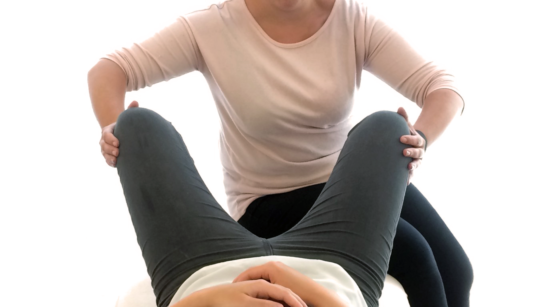 Patients respond very well to Rost Therapy™. Rost Therapy™ is the go-to method for treating pelvic girdle pain patients in the Netherlands, and it has become well known by physiotherapists and women with PGP in Europe and North America since Cecile developed this program almost twenty years ago. So far more than 4000 thousand therapists have been trained in the method, 700 of them since the online course system began a few years ago.
Patients respond very well to Rost Therapy™. Rost Therapy™ is the go-to method for treating pelvic girdle pain patients in the Netherlands, and it has become well known by physiotherapists and women with PGP in Europe and North America since Cecile developed this program almost twenty years ago. So far more than 4000 thousand therapists have been trained in the method, 700 of them since the online course system began a few years ago.
With Rost Therapy™, patients can quickly and easily get back to their daily activities when they use the postures and motor patterns we advise in the book and the app. Both are available in different languages. Some women may initially find the recommendations difficult and painful: these women will benefit more from working directly with a Rost therapist. Registered Rost Therapists can be found on our data base Find a Therapist.
Through the Rost Therapy™ program, women with PGP are able to regain pelvic control, move easily and with less pain. Most women only require three or four sessions to restore pelvic balance, although women with more severe complaints often need more.
Early Intervention is Best
When a woman has difficulty postpartum with daily functioning, a combination of manual therapy, group sessions and dry needling is a common and effective combination. Physical activity and exercise is encouraged, to give the woman control over her symptoms with a minimum of medical help. We believe early intervention allows for the best outcome with the least number of visits. Waiting until symptoms are severe is unnecessary and makes the whole experience more difficult for women experiencing PGP.
When PGP Persists
Rost Therapy™ can be effective even if symptoms have persisted for years. A small percentage of women need longer or more frequent therapeutic sessions. Comorbidities may be present (rheumatic, endocrine, connective tissue, widespread body pain (FM), as well as mood concerns, grief and loss and past physical or emotional traumas.) Our trained Rost therapists screen for comorbidities and complex presentations, and will initiate a multidisciplinary approach, which has been shown to be especially effective in these cases.
PGP Research
PGP is well researched and new publications appear on a weekly base: studies on clinimetrics, pathology, etiology and prognosis. The Rost Therapy™ Pelvic Girdle Institute is actively involved in clinical research. Join our monthly newsletter for the latest updates on PGP and coccydynia reasearch, plus course info and useful tips.
[mailerlite_form form_id=3]




